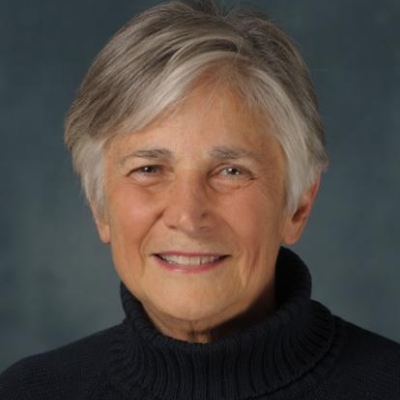The selection of the New York City Department of Education as a finalist for the Broad award surprised many seasoned observers in our fair city, especially because of score declines in 2004 in some of the poorest neighborhoods.
Over the past two years, the city school system has gone through a radical change - politically and pedagogically - as a result of the State Legislature's decision in spring 2001 to grant control to the newly elected mayor, Michael Bloomberg. Mayor Bloomberg hired prosecutor and trust-buster Joel Klein to be his chancellor; Klein in turn hired Diana Lam as his instructional deputy (she has since departed), and she selected the key programs and personnel. Klein unveiled his program in the spring of 2002; the program was installed in September 2002.
Integral to the reorganization was 1) a complete centralization of all authority; 2) the elimination of the policy making powers of lay central and local boards, which were replaced by toothless boards; 3) imposition of a mandated citywide curriculum for all but a select number of exempt schools; 4) creation of a Leadership Academy to recruit and train principals. (The Leadership Academy spent $25 million in its first year and produced about 65 principals.)
The reading portion of the mandated curriculum consists of "balanced literacy," which relies heavily on professional development by Teachers College and groups known for their adherence to the precepts of whole language. The math portion in the elementary grades consists of Everyday Math, which has brought protests from many mathematicians at New York University (and elsewhere), who consider it lacking in the teaching of basic skills.
It would be more accurate to say that New York has a mandated citywide pedagogy rather than a mandated curriculum, since teachers' daily (and in many cases, even their hour-to-hour and minute-to-minute) activities in the classroom are heavily scripted. What most people think of as "curriculum" (what students should know) is absent.
This mandated pedagogy is a curious blend of attributes: It is highly progressive in its philosophy but lockstep in application, and it is accompanied by intensive test prep, to make sure that students get good scores on the crucial state tests in reading and math.
In selecting New York as a finalist for the Broad award, the Foundation hailed the city for reducing the achievement gap. This was ironic, because the achievement gap actually grew in the past year.
Before the introduction of Klein and Lam's mandated pedagogy, the city schools had seen steady, sometimes dramatic gains in reading and math since 1999. In 2003, some of the poorest districts experienced major gains on the state tests of reading and math. So it was quite a challenge to the new regime to maintain the momentum of the previous years.
When the state test results were released in June 2004, fourth grade scores had declined across the city by 3 percent. The proportion of students who scored at the highest level on the state test (level 4) dropped by an astonishing 40 percent.
But the declines were even larger in fourth grade in key inner-city neighborhoods, where many schools experienced double-digit declines in the proportion of students able to meet state standards.
In District 4 - Harlem - the proportion of students in fourth grade who met standards fell from 41 percent to 31 percent; not a single school showed a gain.
In District 16 - Bedford-Stuyvesant - the proportion of fourth-graders who met the state standard fell from 52 percent to 36 percent after the introduction of "balanced literacy." In several schools in District 16, the proportion dropped by more than 20 percent.
Despite these worrisome developments, the city Department of Education hailed the 2004 results as positive.
State math scores were slightly better for fourth grade. The city saw a gain of 1.4 percent. But again the proportion of high-scoring (level 4) students fell by nearly 50 percent, and there were more losses than gains in poor neighborhoods.
Perhaps the city school system will register big increases in 2005. I rather expect that the scores will go up significantly, in light of the huge investment of time and resources in test preparation. But the Broad Foundation did not have the 2005 scores when the list of finalists was released - in fact, those scores won't be available until later in the summer or early fall. So those of us who are concerned about the direction of reform in New York City are left to wonder whether the Broad Foundation is giving the newcomers credit for the gains registered under previous chancellors and whether there was a rush to judgment.
Diane Ravitch is a trustee of the Thomas B. Fordham Foundation and author of Left Back: A Century of Battles Over School Reform.
